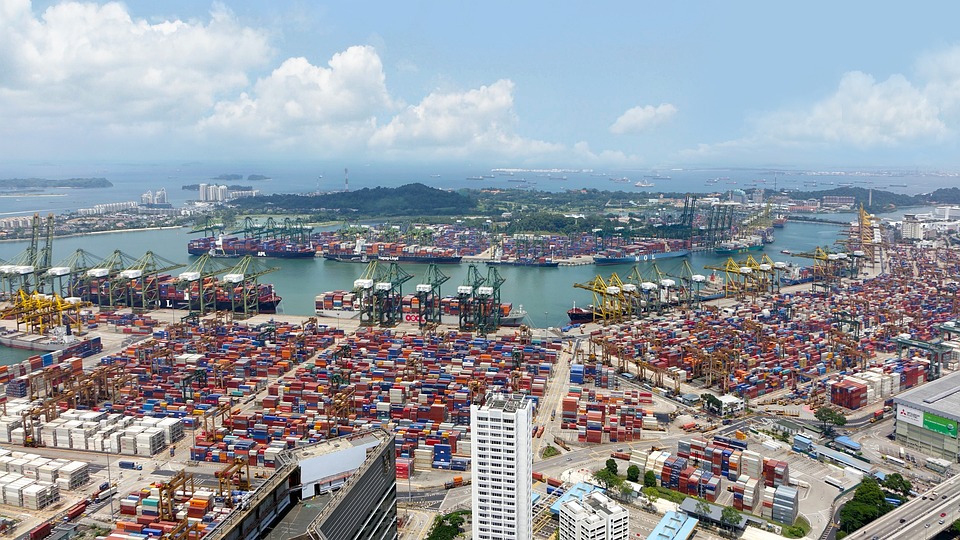
I. What is the essential difference between an enterprises self - export and consignment agency?
According to the latest data from the General Administration of Customs in 2025, approximately 63% of small and medium - sized enterprises choose the agency export mode. The core differences between the two are as follows:
- Different legal entities: Self - export requires the enterprise to bear all legal responsibilities such as tax rebates by itselfcustoms clearance15., In the agency mode, the agency company acts as the declaration entity
- Different qualification requirements: Self - operated export requires a full set of qualifications such as the right to import and export and a foreign exchange account; for agency export, the qualifications of the agency company can be borrowed
- The operation complexity is different: The agency company can integrate the whole - chain services such as customs declaration, logistics, and tax rebates
II. What core documents are needed for agency export?
In 2025, the electronicization rate of international trade documents has reached 92%, but the following documents still need to be prepared:
- Basic Qualifications:
- Duplicate of the business license of the enterprise
- Identity certificate of the legal person
- Product HS Code Confirmation Letter (2025 New Version Coding System)
- Trade documents:
- Proforma Invoice
- Purchase and sales contract (trade terms need to be specified)
- Certificate of origin (according to the requirements of the free trade agreement)
III. What are the typical cost components of agency export?
Based on our statistics of agency cases in 2024, the cost structure usually includes:
- Fixed fees: Agency Service Fee (0.8% - 1.5% of the cargo value)
- Variable fees:
- Customs declaration and inspection fee (charged per ticket)
- Logistics transportation fee (according to the trade terms)
- Bank handling fee (cross - border payment fee)
- Special Reminders: Newly Added Carbon Emission Surcharge in 2025 (for some shipping routes)
IV. How to identify a compliantExport agentThe company?
It is recommended to screen through the "three checks and three reviews":
- Verify Qualifications: CustomsAEOcertification, international freight forwarding qualification
- Check cases: Operation cases in the same industry (required to provide a desensitized contract sample)
- Check the system: Whether there is the ability to connect with the ERP system (in 2025, the customs requires full - process electronicization)
V. What legal risks exist in agency export?
A case in 2023 where a cross - border e - commerce was fined 3.8 million yuan due to the violation of the agency company warns us to pay attention to:
- Declaration riskFalse declaration of product name, price, and place of origin
- Tax risksCompliance review of VAT invoices
- Risk of logisticsDivision of liability for cargo damage during transportation
and VI.Export tax refundWho is responsible for handling it?
According to the current policy:
- Self - managed export: Enterprises handle it by themselves (need to meet the requirement of annual sales of over 5 million yuan)
- Agency export,The agency company will handle tax rebates (a tripartite agreement is required to be signed)
- Special instructions: In 2025, a pilot policy of "instant tax refunds" will be implemented, but it will be limited to Class A taxpayers only.
VII. What are the common misunderstandings in choosing agency export?
- Misunderstanding 1The lowest price is the best choice (ignoring hidden charges)
- Misunderstanding 2Full authorization without supervision (a reconciliation mechanism should be established)
- Misunderstanding 3: Customs declaration documents can be submitted later (Customs will implement "release upon declaration" in 2025).


 Follow Customer Service WeChat
Follow Customer Service WeChat